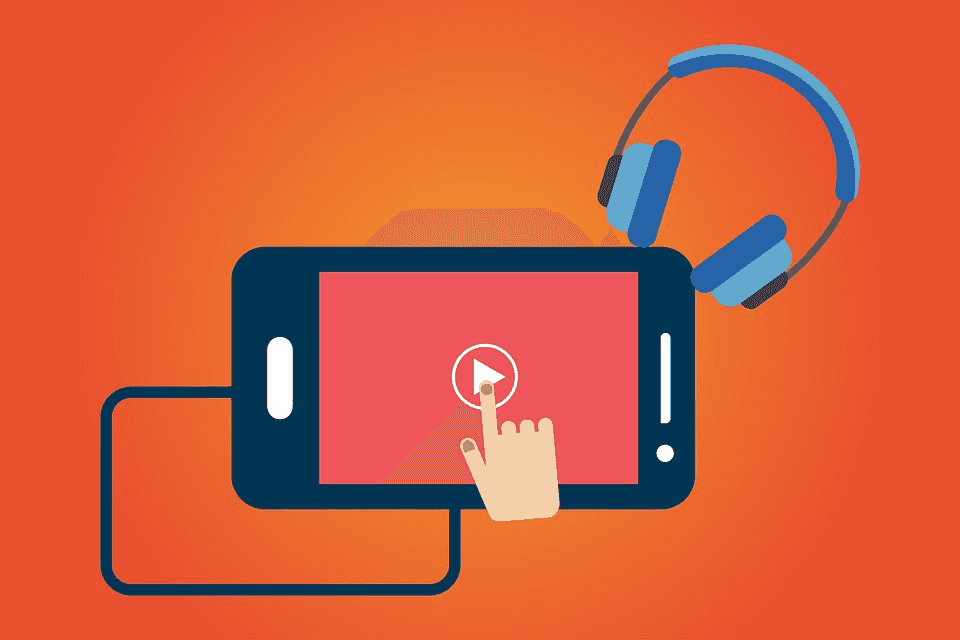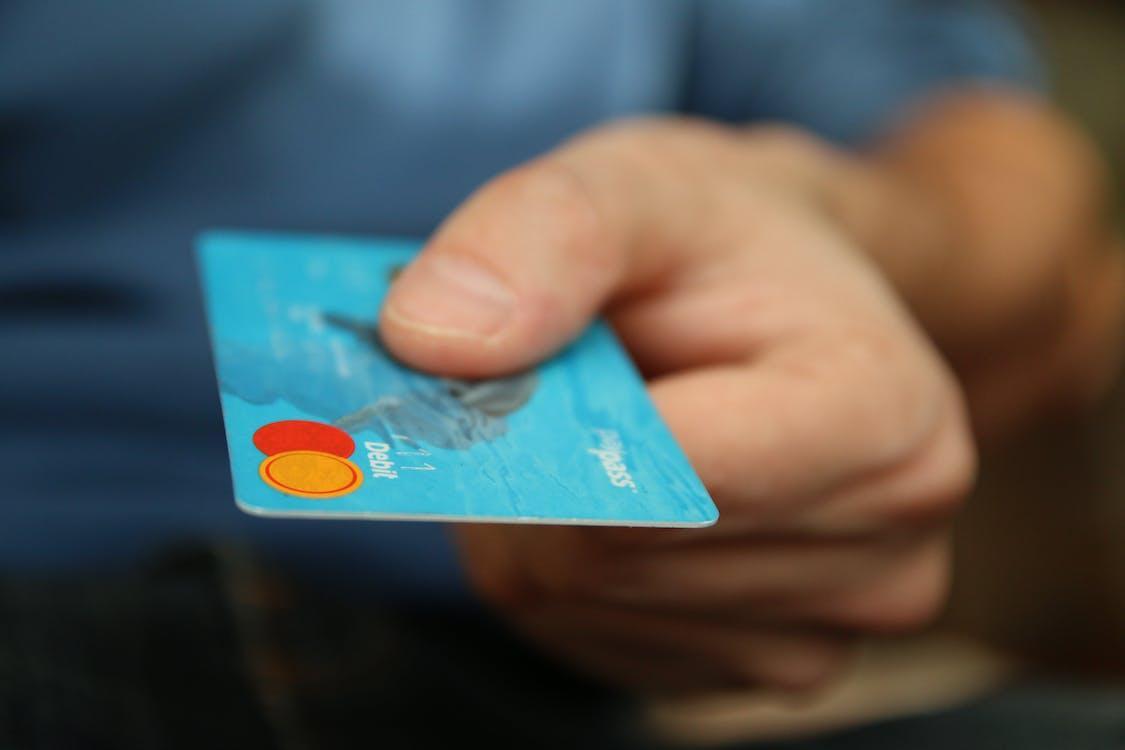What Happens to Credit Card Debt When You Die in Canada?
Have you ever wondered what happens to your credit card when you die? Do you have to worry if your loved ones will be responsible for your debt? Or does the acquired debt magically disappear after you die?
Given how in 2019, 73% of Canadians had some type of outstanding debt, you might want to consider looking into this topic.
Here’s everything you need to know about debts.
Credit Card Debt Forgiveness 101
Credit cards can help you build a credit score, pay for pricey items if you don’t have enough money on your debit card, and help you earn bonuses while spending money. But did you know that there are two types of credit cards?
If you have a satisfactory credit score, stable monthly income, and pay your credit on time you may be offered an unsecured credit card. On the contrary, if you are someone in debt and have a poor or no credit history you are only eligible for a secured credit card.
Regular credit cards fall within unsecured loans. If you need a small amount of money and you need it as soon as possible, this is the type of loan to apply for. It’s easy to process and there is no need for collateral.
In contrast to unsecured loans, the second type is a secured loan. Car loans, mortgages, and big amounts of money fall within this category. In this case, you will need to provide collateral as a security for borrowed money.
Now that we have established what types of loans exist, let’s talk about debts. Just like loans, there are also secured and unsecured debts. Here is a brief explanation.
Read more: Best Personal Loans in Canada
Secured debt
This is a type of debt that is backed up by collateral, whereas collateral is a type of asset such as a car or a house that the lender can use to pay off borrowed funds. Vehicle loans and mortgages are some common types of secured debt.
Unsecured debt
This type of debt doesn’t have any collateral. Most credit cards fall within this category. The credit lenders only have your word that you will return the loan on time. If you don’t, you will probably be contacted by debt collectors and go to court.
What Debts Are Forgiven at Death?
It’s crucial to understand that when a family member passes, their debt does not die with them. Let’s go over some common types of debts to illustrate.
Student Loans
When it comes to student debt, it’s important to distinguish two types of student loans: federal and private:
- Federal student loans are not passed on to any family members and are discharged after death. For the debt to be forgiven, you just need to provide proof of death.
- But what happens to private student debt after death? A private student loan is not as easily discharged as a federal loan. The process of returning debt is settled through probate which is going to determine whether your estate is worth enough to return the money. In case the estate cannot cover the debt, it won’t be passed to a family member.
Car Loans
Car insurance comprises no less than 40% of the whole insurance market, making it one of the most acquired types of insurance. This means that car debt is generally not that big of a deal. But let’s look at the details.
There are two ways to settle a car loan after death:
- If you have signed the papers along with your partner or you happen to be a co-owner of the car, you are legally responsible to pay the debt, but if not, then you don’t have to pay for it.
- However, since the car loan is a secured type of loan and most likely the car bought is collateral, in this case, the lender has the right to repossess it and make up for the debt.
Mortgage Debt
Just like a car loan, it depends on who signed the papers upon taking up a mortgage. Was it just one person or is it a joint account?
- If the family wants to inherit the property of a deceased, this also means that the family is inheriting their debt. In this case, the family is obliged to pay off the mortgage.
- If the deceased has signed up a contract with their partner or someone else, the person who is a co-signer will have to carry on paying the debt.
- If there is no one to pay for a mortgage the estate trustee will have to sell the property to pay off the mortgage.
What Assets are Creditors Allowed to Seize?
In general, this depends on the amount of debt that the person has left after death.
The creditors are allowed to seize movable property like motor vehicles, electronic devices, and some of your furniture as well as immovable property like the house of a deceased.
However, there are some assets that creditors are not legally allowed to seize. Let’s go over them.
Living Trusts
Trust is an arrangement of transferring ownership of assets to another person, so the person that previously owned them has no control of them anymore. This is called an irrevocable trust and creditors are legally prohibited from seizing such assets.
Retirement Accounts
If the deceased has a locked-in retirement account, their pension is under protection and it cannot be taken by creditors.
Life Insurance Benefit
If someone was named a beneficiary of a life insurance benefit, the money is theirs to use as they wish. But does the life insurance beneficiary have to pay the debt after the primary holder dies? The answer is no. They are not responsible for it unless the debt was shared with the deceased. Yet, trends show that 49% of Canadians with dependants have never purchased life insurance.
How is Debt Managed After Death?
So far, we have learned that if you don’t share an account with your partner or your family, the debt that is left after your death won’t be on them to pay. Now let’s see how debt is managed after a person dies.
- If you haven’t named an executor prior to your death, the government will do so for you. An executor is a person responsible for calculating all debt and loans accumulated after your death.
- After getting this information from the creditors, the executor will then proceed to calculate the value of your assets and confirm whether your assets are worth enough to pay off the debt.
- However, if the debt exceeds your assets, the process of abatement will be started. This means that the creditors are allowed the assets that you have left to everyone mentioned in your will.
- Keep in mind that creditors are allowed to only take gifts, and not take any money from the beneficiaries. Your partner or your family will not be paying off your debt.
If you want to make sure that your loved ones won’t inherit the debt after your death, get your will in order or purchase life insurance.
Finishing Thoughts
Even though the sole thought of a loved one dying is devastating, it is important to think about what happens to your credit debt when you die. Your belongings are not just objects, but a memory of you for your family, thus you don’t want them to disappear after your death. Preserve them by making sure to pay your debt in time, given how unfortunately it doesn’t magically vanish.
FAQ
If you have a joint account with a partner or a family member, they are responsible for any debt that is left after your death.






